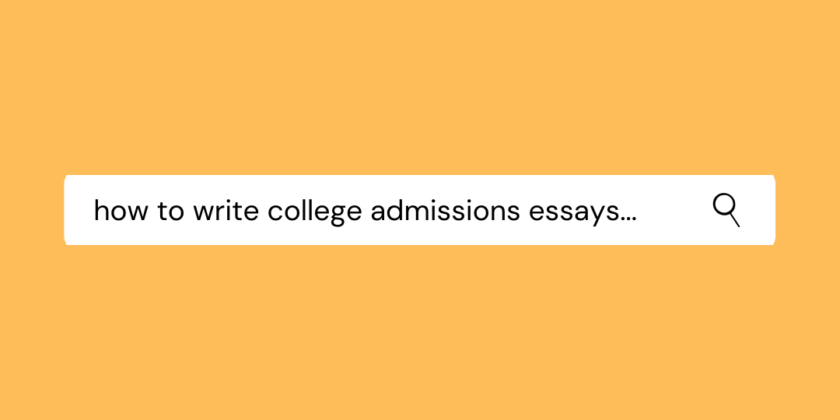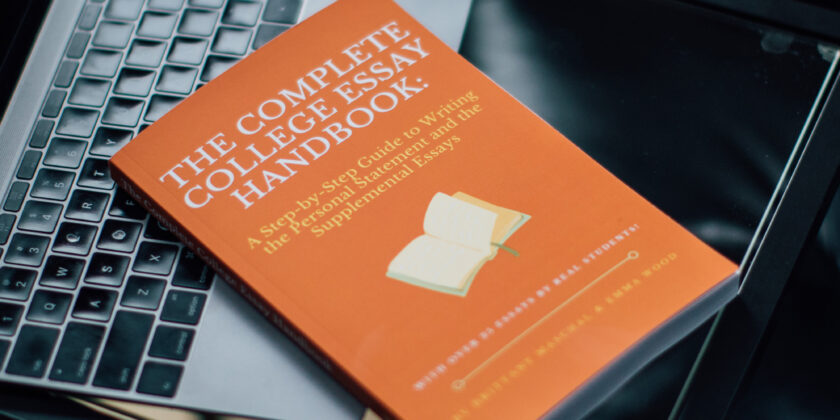High School Students: Use Your Summers Wisely
Rising Seniors
Time flies, right? Hopefully, you’ve planned something interesting to explore your academic interests this summer. If not, there is still time! It might be too late for a formal summer program (a good thing, OK to skip these!) or linking up with a local faculty member to engage in research or work in their lab. Still, it is not too late to get a job and design an independent mini-project or community engagement activity.
You will also want to spend time on your college application materials, so don’t feel like you need to fill your entire summer with a laundry list of activities. Instead, it is best to do one or two things that are well-thought-out and meaningful and leave time for app work and some relaxation before senior fall because it will be an insanely busy time for you!
If you’ve finished or are nearly finished with the ACT/SAT, you might also want to consider starting your Common Application essay and completing the base data of your Common App this spring/early summer. If you are in need of essay guidance—shameless plug—grab a copy of The Complete College Essay Handbook: A Step-by-Step Guide to Writing the Personal Statement and the Supplemental Essays.
Rising Juniors
A big ticket item is preparing for and completing standardized testing. Take an ACT and SAT diagnostic and meet with a tutor to determine which test might be best for you, and then put a formal plan and timeline in place to prepare for that test. Junior year is no joke academically, and you’ll likely take the ACT or SAT more than once, so starting prep this summer is a good idea.
Like rising seniors, hopefully, you’ve got something interesting planned to help you explore your academic interests. The same guidance above applies. Here’s why this is important: colleges aim to create diverse, well-balanced classes made up of students with a range of identities and academic interests. For this reason, most colleges will consider your major of interest when making admissions decisions—and you need to have coursework and extracurriculars that demonstrate your interest. For the most competitive majors (CompSci, business, engineering, pretty much anything STEM, to name a few), demonstrating a high level of understanding paired with experience gained outside of school is critical if you want to stand out as an application. This is, of course, on top of stellar grades and test scores.
If you don’t know what your academic narrative is, now’s the time to decide and work on developing it; if you’re lost on how, reach out.
Rising Sophomores and Freshmen
Summers are for exploring! You could attend a pre-college program on a college campus, get a job, read, take free classes online, and volunteer. The key is to do something, or preferably, a few things! Get out there and get some experience and exposure—it’s how you figure things out. Make sure to write down everything you get involved. You’ll need a resume or activity sheet for college, and you can start it now. If you are fairly certain what you might want to study in college, pursue an opportunity this summer that helps tell that story.
The school year can be a grind, and your “job” is getting the best grades you can while balancing the limited time you have to spend on extracurriculars with homework…and hopefully some sleep. No matter what year you are in high school, think of summer as a time to explore, recharge, and dip into (or dig deeper into!) what you might not have time for from September through May.
*Stay in the know! Subscribe*








